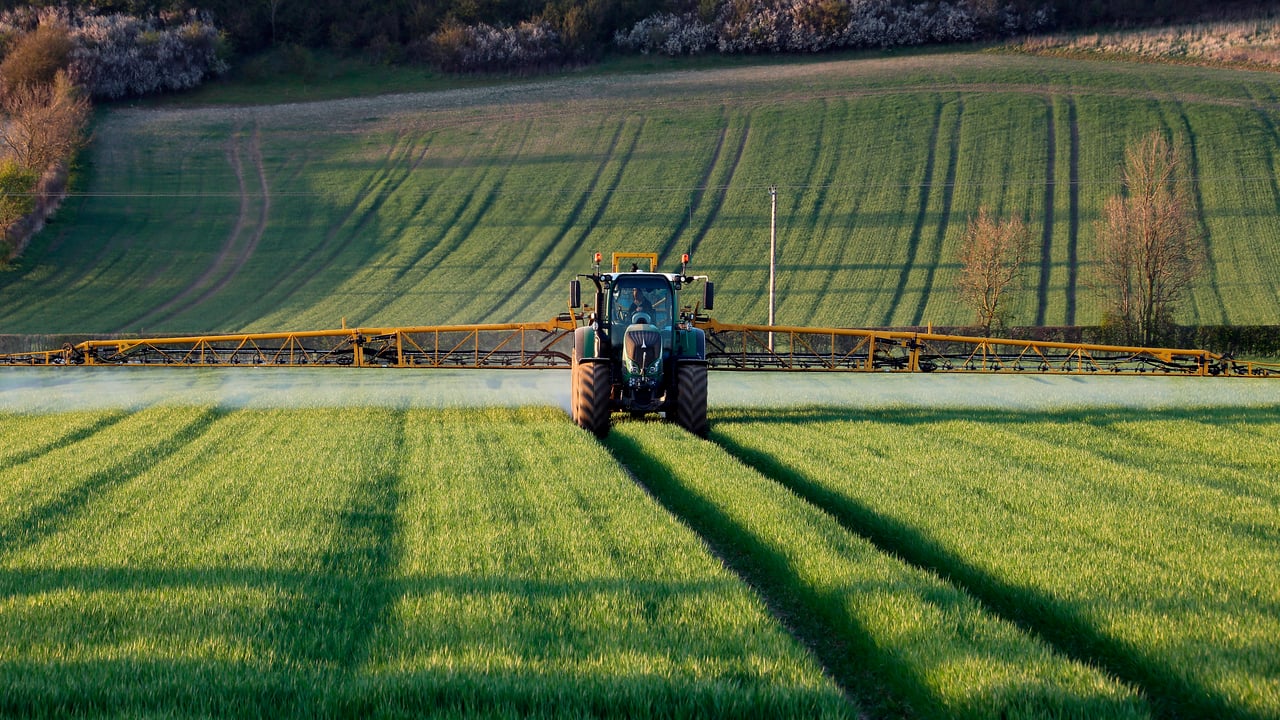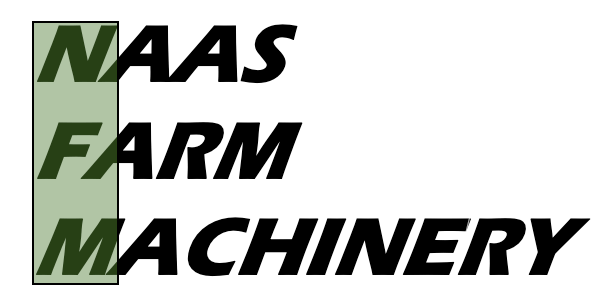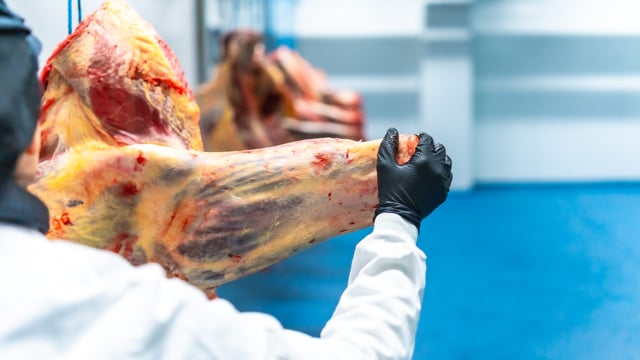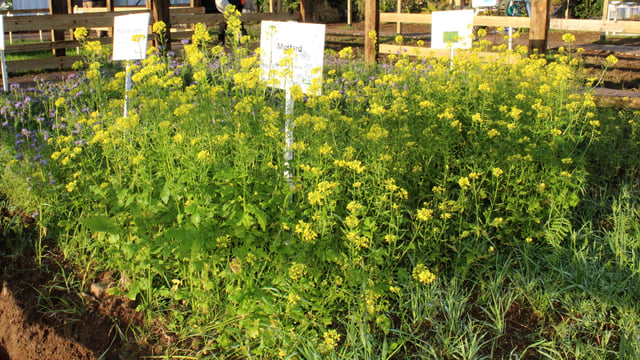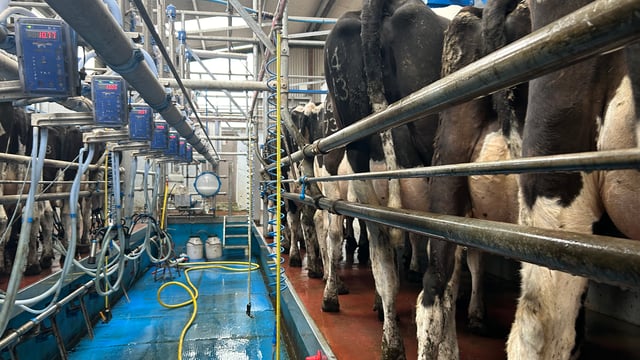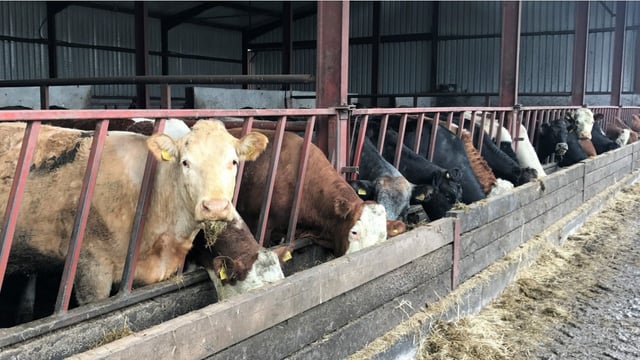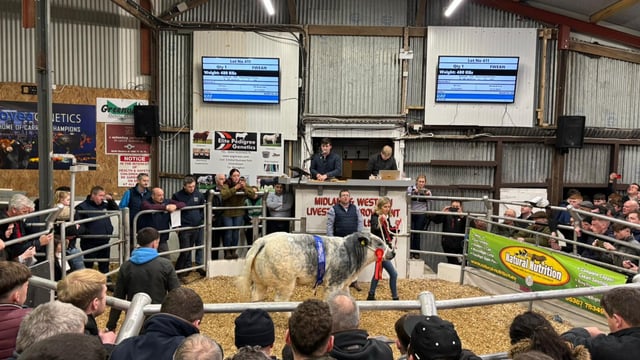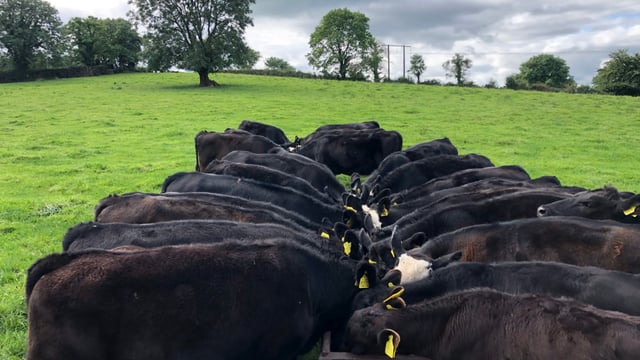EU farmers warn new fertiliser tax could 'fuel crisis' of input costs
Groups representing EU farmers and the fertiliser blending industry have said that a tax on fertiliser imports into the EU could fuel an input costs crisis for tillage farmers.
The EU's Carbon Border Adjustment Mechanism (CBAM) is due to come into effect from the start of 2026.
The CBAM places a carbon tax on goods imported into the bloc from third (non-EU) countries when production is deemed to be carbon intensive and at "most significant risk of carbon leakage".
The sectors to be impacted by this tax include fertiliser, cement, electricity, iron, and steel.
The CBAM is currently in a transitional period where importers are required to report their import volumes. However, from January 1, importers will have to pay to receive CBAM certificates for the goods they import.
Farm and co-operative organisations have expressed concerns in recent months over the impact CBAM will have on the cost of fertiliser.
Now, several organisations in sectors that relay on fertiliser have issued a joint statement adding to those concerns.
The joint statement was issued today (Tuesday, November 25) on behalf of AIBI (industrial bakers); CEFS (sugar manufacturers); CEPM (maize production); CIBE (beet growers); Coceral (cereals and animal feed traders); Copa Cogeca (farmers and co-operatives); European Flour Millers; ELO (landowners); EOA (oilseed sector); Starch Europe; EFBA (fertiliser blenders); and PFP (primary food processors).
The groups said they are "raising the alarm" on the impact the CBAM could have on the entire value chain if it comes into effect as planned on January 1.
"Arable farmers across the union are experiencing historically low, or even negative, margins, largely driven by a sharp increase in production costs since 2020. Fertilisers often represent their largest unavoidable expense, accounting for 15–30% of total production costs," the statement said.
"In recent years, prices have already risen sharply, and the imposition of additional tariffs on fertilisers from Russia and Belarus has triggered a further 10–15% price increase across all origins," it added.
"The planned entry into force of the Carbon Border Adjustment Mechanism (CBAM) for fertilisers on the first day of next year risks fuelling this crisis to an unprecedented level."
According to the joint statement, factors that will be used to set the rate of tax under the CBAM have not yet been fixed by the European Commission.
The statement said that the lack of clarity on these factors results in CBAM cost estimates ranging from 10% to 30% of the cost of fertiliser.
"The outcome is high financial uncertainties for EU fertilisers blenders and importers, preventing them from placing further fertilisers orders," it said.
"With 50% of EU fertiliser supplies sourced from third countries and current stocks covering only around 60% of next year’s needs, this uncertainty threatens the trade of fertilisers and continuity of fertiliser availability for European farmers.
"In the current context, EU farmers could face a perfectly untenable scissors effect where they cannot absorb further increases in fertiliser prices or supply disruptions," the concerned groups warned.
They added: "Such developments would jeopardise the viability of EU agricultural production as well as the competitiveness and resilience of the wider food chain, with less raw material available and in the end higher prices for consumers."
The joint statement calls on the commission and EU member states to postpone the onset of the CBAM until certain conditions are met.
These conditions are that all technical elements determining the CBAM costs are finalised to ensure price predictability; and that effective measures are put in place to offset the CBAM-related costs for farmers.
"Ensuring clarity and predictability on CBAM obligations is essential for importers and traders to resume normal activity and secure fertiliser availability," the statement said.
"Temporarily exempting fertilisers from CBAM until these prerequisites are fulfilled is the most effective way to avoid further price increases, secure supply continuity and support the sustainability of EU farming and food production," it added.

